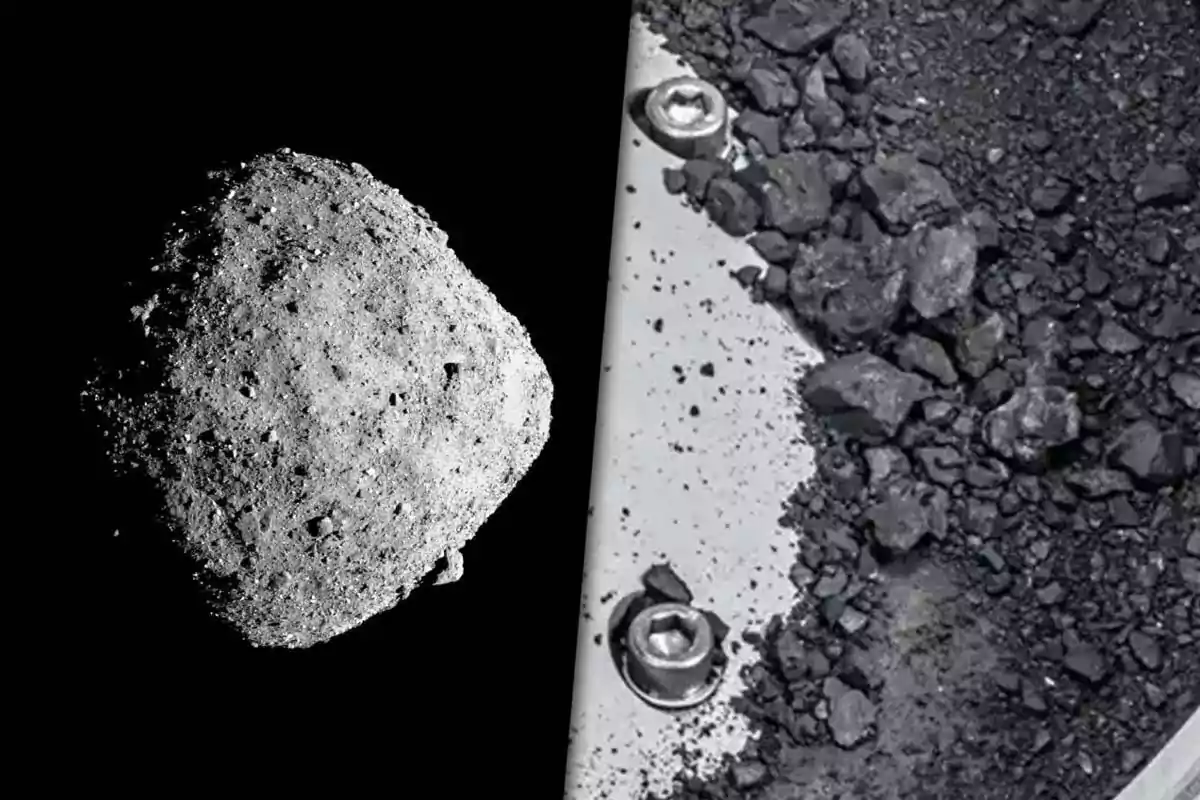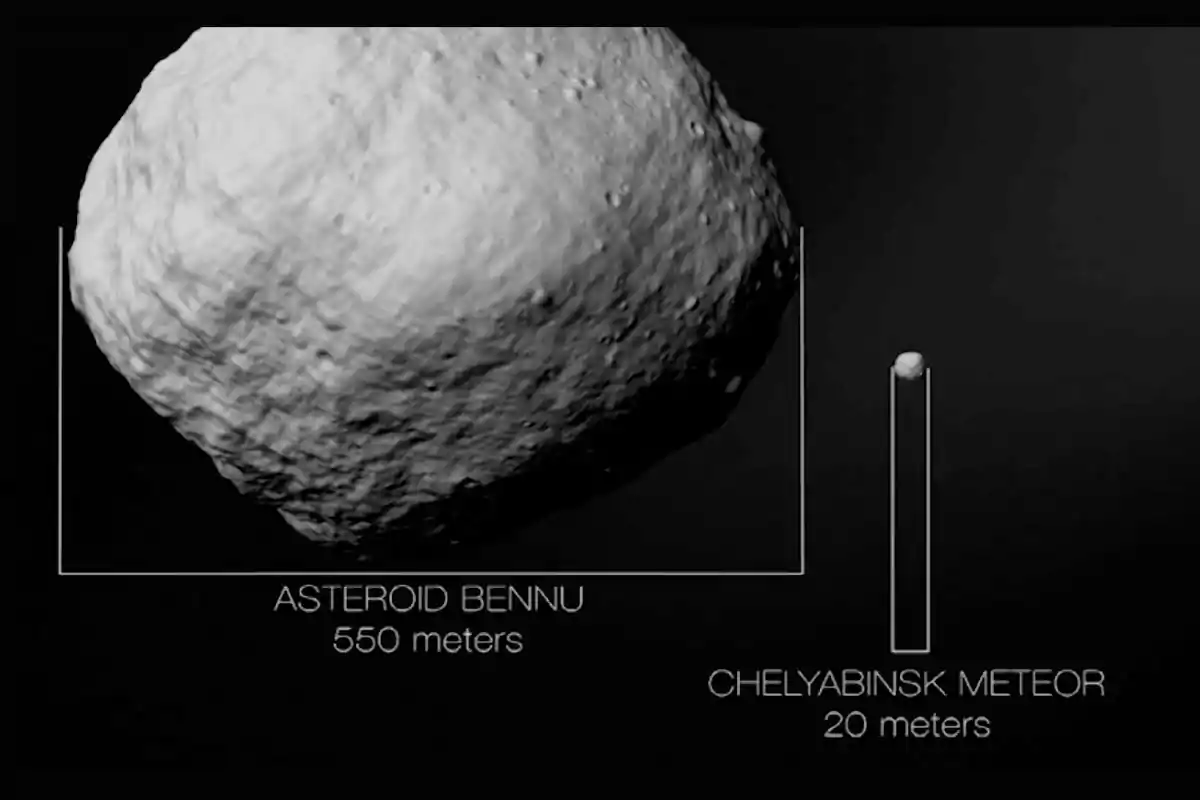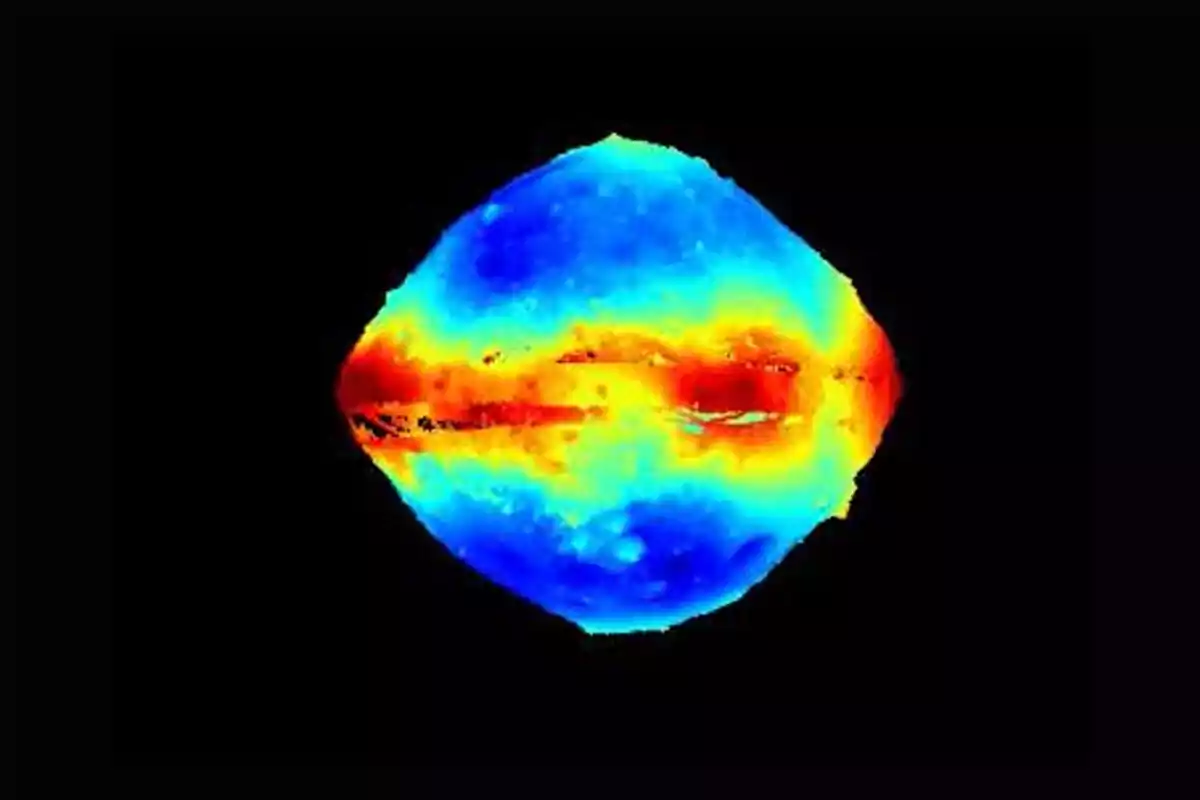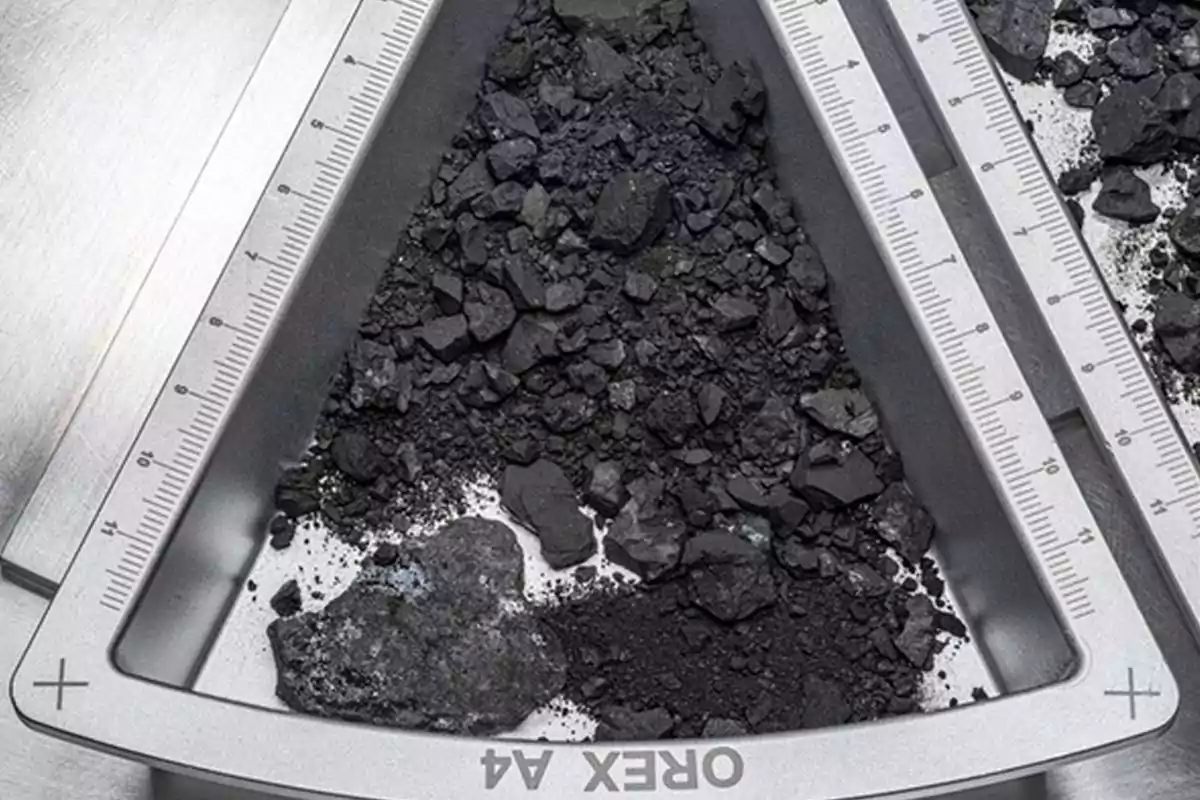
They discover an asteroid with particles that date back to before the Solar System.
Bennu's findings provide data on primordial matter and strengthen international scientific cooperation
The asteroid Bennu continues to surprise scientists. Canadian researchers and the international team of the OSIRIS-REx mission from NASA have published new findings that help to understand the origins of the Solar System.
The studies, published by Nature Astronomy and Nature Geoscience, highlight the presence of particles that date back to before the formation of our planetary system.

What was found on the asteroid Bennu?
- Stardust grains that are older than the Solar System.
- Interstellar organic matter probably formed outside the Solar System.
- High-temperature minerals that originated near the Sun.
These discoveries underscore the importance of asteroid sample return missions, which make it possible to study primordial materials that can't be preserved on Earth.
Canada's role in the mission
Canada contributed a LIDAR instrument that helped select the sampling site on Bennu. Thanks to this, the country will receive 4% of the sample and becomes the fifth to preserve and analyze material from space.

Additionally, Canadian researchers are active members of the international OSIRIS-REx science team, strengthening global cooperation in space exploration.
Relevance of the findings
The materials recovered from Bennu provide information about the composition of the asteroid and the processes that existed before the formation of the Solar System. This knowledge makes it possible to better understand cosmic evolution and the origins of the matter that makes up our planet.

The mission demonstrates that international collaborations are essential for studying the universe and advancing space science.
More posts: